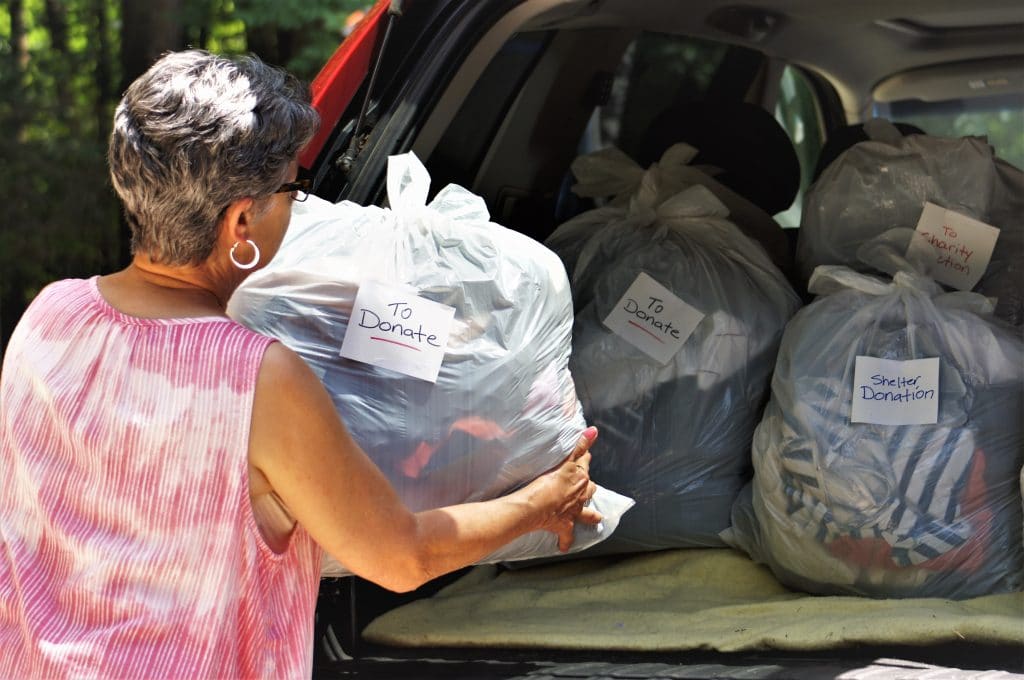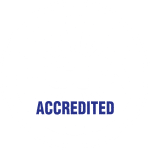At most Adult & Teen Challenge addiction recovery centers, we offer drug addiction help without also giving our students prescriptions drugs. Many rehabilitation centers, however, take a pharmaceutical treatment approach.
These addiction recovery programs will give substance abusers pharmaceuticals to help them deal with the pain of withdrawal. Some other medications supposedly help keep people from relapsing after leaving their addiction recovery program. We take an alternate approach because we know how street drugs can interact with pharmaceuticals in a terrible way. We prefer to change behaviors first and foremost. As a Christian recovery program, we also highlight the importance of following God’s word when times get difficult. We believe this approach gives our students the highest chance of staying sober because prescription drugs sometimes interact in negative ways with street drugs.
Mixing Drugs
Pharmaceuticals are often specifically designed to relieve symptoms of one specific problem, such as depression or anxiety, but they can cause other problems when mixed with other drugs.
Many prescription drugs will specifically say that you shouldn’t mix them with alcohol, but they may not indicate how they interact with street drugs. Below are the common prescriptions drugs and how they interact with drugs that might be in a substance abuser’s system in the first few days of addiction recovery.
Antidepressants
Antidepressants work to help keep people positive and up when they struggle with depression. When mixed with alcohol or illegal drugs that act as depressants, users can suffer from the following side-effects:
- Worsening depression
- Heightened blood pressure
- Difficulty thinking
- Death
Antidepressants mixed with stimulants and uppers can increase the risk of severe depression and suicidal thoughts.
Antipsychotics
Antipsychotics regulate neurotransmitters to make sure people with mood disorders get the right amount of dopamine, noradrenaline, and serotonin. Sometimes these drugs act to sedate the person taking them. Mixing these drugs with alcohol can have serious repercussions.
- Increasing psychotic symptoms
- Heavy sedation
- Long-term damage to mental health





